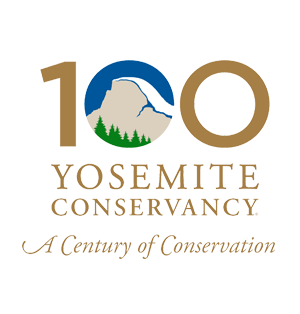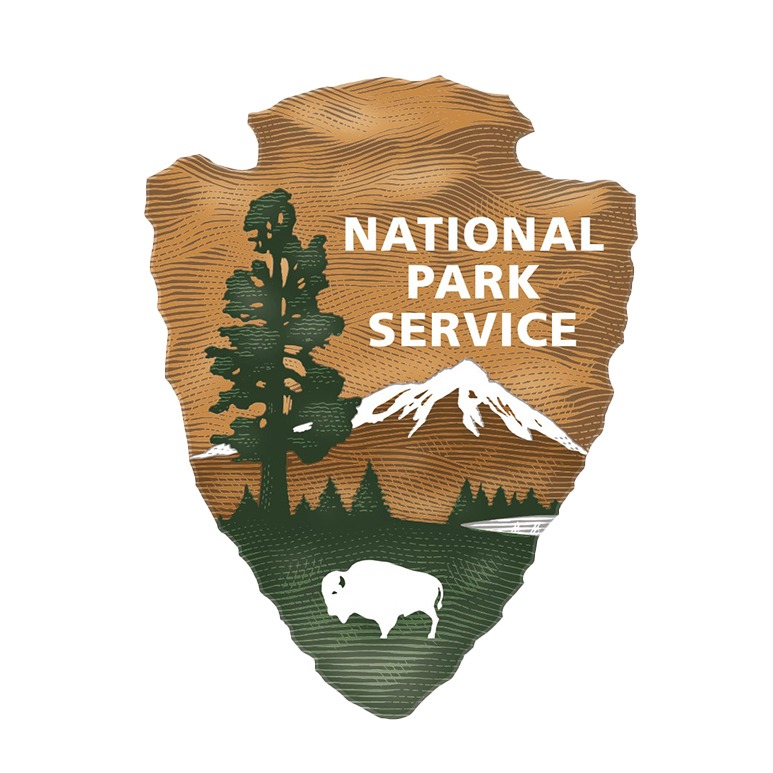*This is a 2022 archived project, view this year’s projects here.
Project overview: Establish a citizen science program to assess pollinator trends in response to climate change, while providing career opportunities for minorities in science and natural resource management.
How your support helps: Pollinators are a critical part of our ecosystems. Yet populations of bees and butterflies are rapidly declining, and without them, plant diversity could plummet, and ecosystems could destabilize. Scientists want to understand what’s driving the decline, but they need more data. And lots of it — three years’ worth!
The NPS Inventory and Monitoring Program is collaborating with researchers at Colorado State University (CSU) to develop protocols that will leverage citizen science data to meet this need. Participants document the distribution and abundance of pollinators and plants, net collecting and photographing insects before releasing them back to the wild. Photographs are then uploaded to iNaturalist for crowd-sourced identification. With your support, we’ll expand the CSU program to Yosemite.
The program will hire two scientists to train with the Hotshots in Colorado, then sample pollinators throughout Yosemite. Interns from University of California, Merced, will sample pollinators in the park four to five times in exchange for research credit and a certificate. Program staff will host a “pollinator week” to work with volunteers, including the Conservancy Workweek Crew, to hunt for the Top 10 Most-Wanted Pollinators of immediate conservation interest. All data will be uploaded to the Pollinator Hotshot dataset in iNaturalist to be incorporated into analyses of pollinator response to climate change in high-elevation habitats across western North America.
This year: In 2022, the Pollinator Hotshot program will expand from Rocky Mountain parks to Yosemite. Participants will gather critical information on the identity and distribution of pollinators in the park and help inform plans to restore native plants upon which pollinators rely. This project provides career opportunities for minorities in science and natural resource management and helps make Yosemite a leader in the larger effort to conserve and protect pollinators in the network of national parks.
Project partners: Yosemite National Park; Colorado State University; University of Wisconsin; and University of California, Merced

